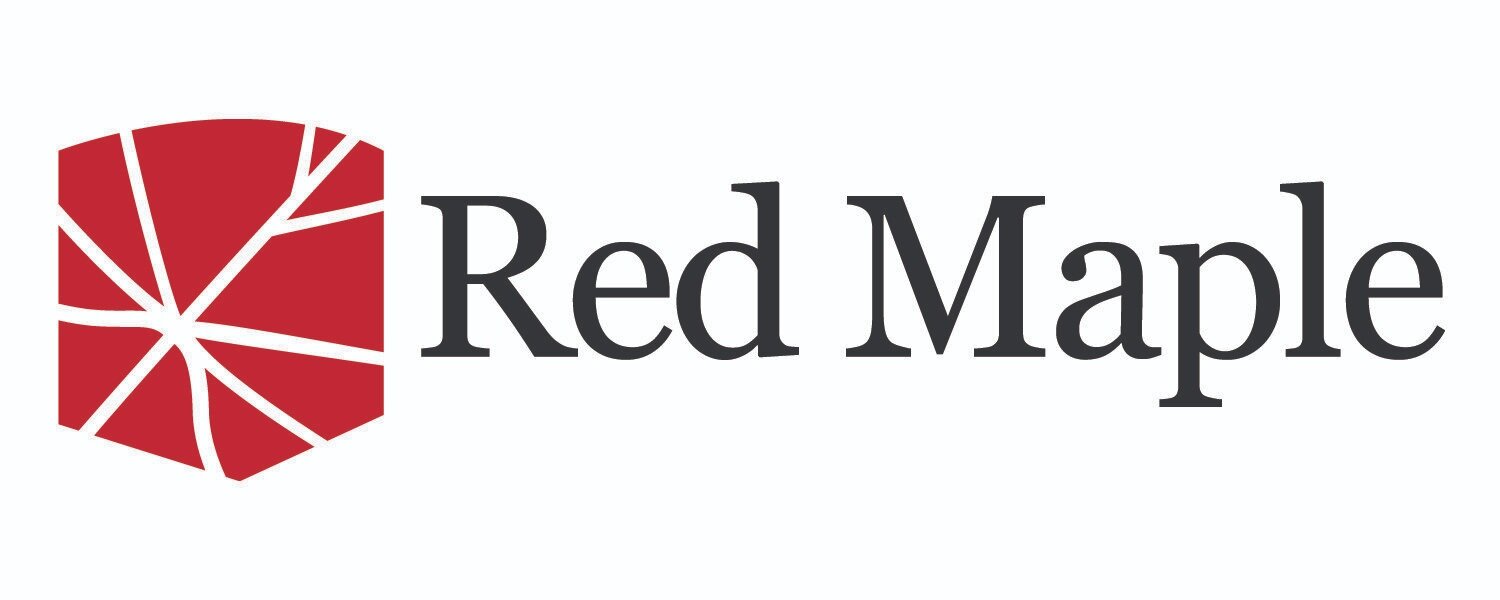By limiting enforceability of employee restrictive covenants to less than five (5) years and in many cases less than three (3) years, the state courts have unknowingly created a financial incentive for corporations and employees to break the law. It appears more viable for a company to break the law and pay the economic damages, than it is to abide by the law and compete honestly.
Read MoreThis paper explores the notion that within exceptionally heterogeneous and homogenous religious communities the ethical choices of participants belonging to these religious communities will differ owing to dissimilar social forces, including but not limited to economic, political, and cultural forces. More specifically, this paper examines the marginal change in committed suicide rates in each state of the U.S., compared with the marginal change in religious heterogeneity in the same state.
Read MoreIn the discipline of forensic economics, religion as a variable that affects a person’s earning potential is not recognized. In particular, the projection of a person’s earnings in a a wrongful death, adolescent child injury, or personal injury, where their is limited earnings history (together the “injured”), is predicated mainly on work history and educational background of the parents, and the application of average wage data based upon race, gender, age, education and occupation.
Read MoreSection 1.0: Introduction
When valuing a for-profit company where there are two issues of similar common stock on the balance sheet, and one issue receives voting rights and the other does not (ceteris paribus) creates a valuation challenge for the analyst.
There are several reasons why a company may choose to issue both voting and nonvoting stock
Read MoreAbsent the often-accompanying anger of one or more parties, talking about racial and gender discrimination in the boardroom and or courtroom is akin to the teenager forced to have conversations about sex with their bumbling parent. Neither the parent nor teenager wants to have the conversation, but out of an obligation, most often, the parent engages – despite how uncomfortable the conversation may be.
Read MoreFinancial and accounting professionals, the IRS and the legal community, continually deliberate the value of a business based on its legal structure – most often comparing the value of a C-Corporation to Pass-Through Entities, such as S-Corporations. Despite the continued deliberations and various court rulings, the cleavages of thought have not converged on a single hypothesis of value.
Read MoreThis article suggests that economic experts should consider moving away from accrual based, accounting centered lost profits and toward cash based lost dividends when calculating economic damages in cases where shareholders are looking to recoup past lost profits.
Read MoreOften an economic expert is engaged by an attorney to determine the value of a minority shareholder interest in a commercial or family dispute. Many times these disputes are related to some form of disagreement over the value of a minority shareholder interest.
Read More


